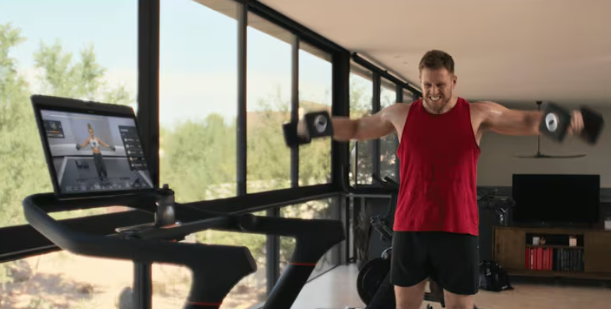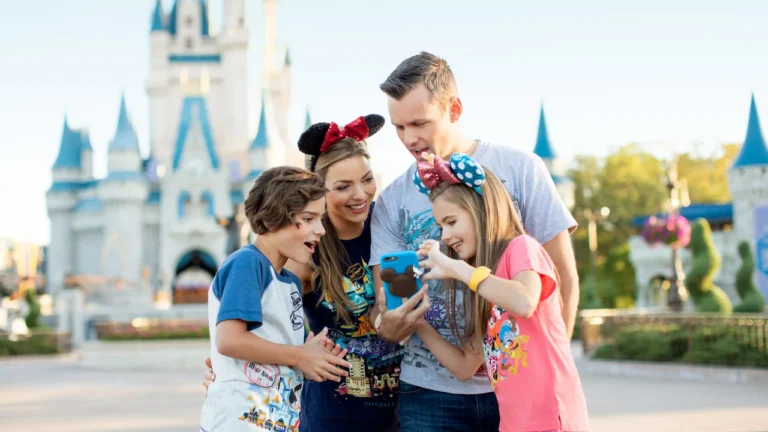Find Your Push, Find Your Power: How Peloton Taps Into Consumer Needs
Running, health, and community? These three ideas define much of today’s cultural moment. We are witnessing what many call the “running era”, largely driven by Gen Z. This generation is more health-conscious, values authentic experiences, and seeks connections that provide belonging. This shift has pushed brands to design products that are not only fashionable and comfortable but also deliver experiences that resonate with this mindset.
Peloton fits perfectly into this new era. What truly sets Peloton apart is how it plants the seed of a need in the consumer’s mind, a need even the person may not have realized they had. In its ads, Peloton doesn’t just showcase a treadmill or a bike, it presents the vision of having a personal coach who makes exercise not only effective but joyful. For someone who has been working out for years, I recognize how difficult it can be to stay consistent, motivated, and disciplined. Peloton addresses exactly that struggle with its slogan: “Find your push. Find your power.” This message embodies the desire stage of their target audience, showcasing fitness not as suffering but as empowerment, happiness, and belonging.
Successful brands ignite latent needs by introducing them so organically that consumers don’t even realize they’re being sold something, and then nurture the relationship through stories that reinforce motivation and identity. Peloton continually creates impactful storytelling ads that address pain points. By deeply understanding its audience, it designs personalized campaigns that target the exact desire stage of its segments.
According to Harvard Business SchoolLinks to an external site., customer needs can be grouped into three categories: functional, social, and emotional. Peloton addresses all three exceptionally well. The functional need is met by offering treadmills and bikes with structured routines and personal coaching. The social need is satisfied through its digital community, giving users a sense of belonging. Finally, the emotional need is highlighted in its ads, which show how customers can feel motivated, happy, and empowered, becoming the best version of themselves.
By doing so, Peloton evokes desire, fosters community belonging, and positions itself as a trusted partner in the fitness journey.
In the end, Peloton is a great example on how brands that succeed long term must truly understand customer needs and showcase how they address them through their marketing strategies. According to Salesforce’s “State of the Connected Customer”Links to an external site. report, 66 percent of customers expect businesses to understand their needs. Combining this understanding with positioning as the best solution allows companies to guide consumers smoothly through the buying process, making customers feel like the hero, with the product’s brand positioned as their superpower.



